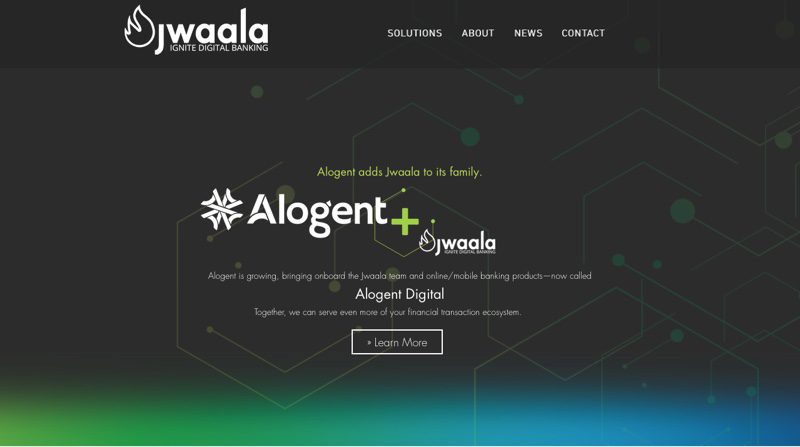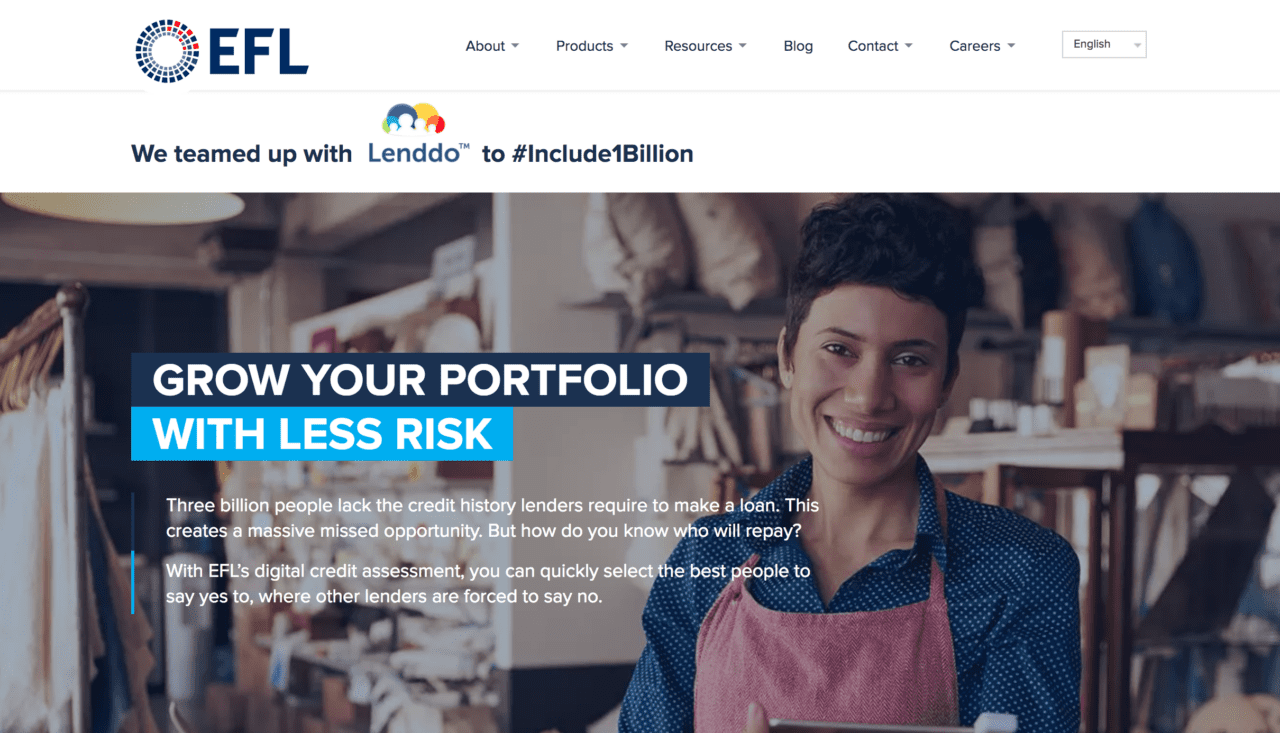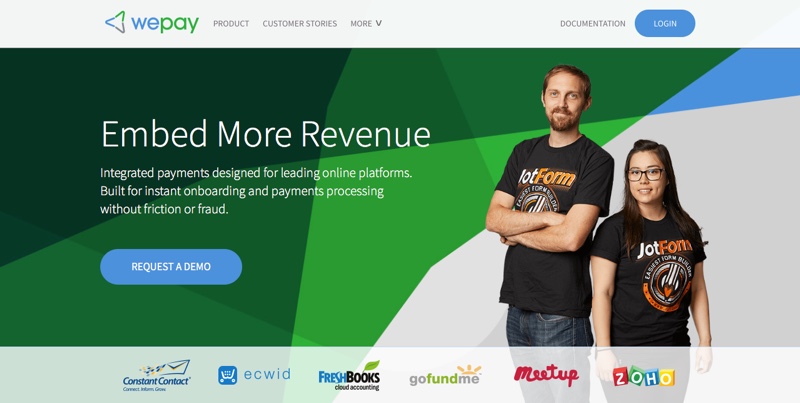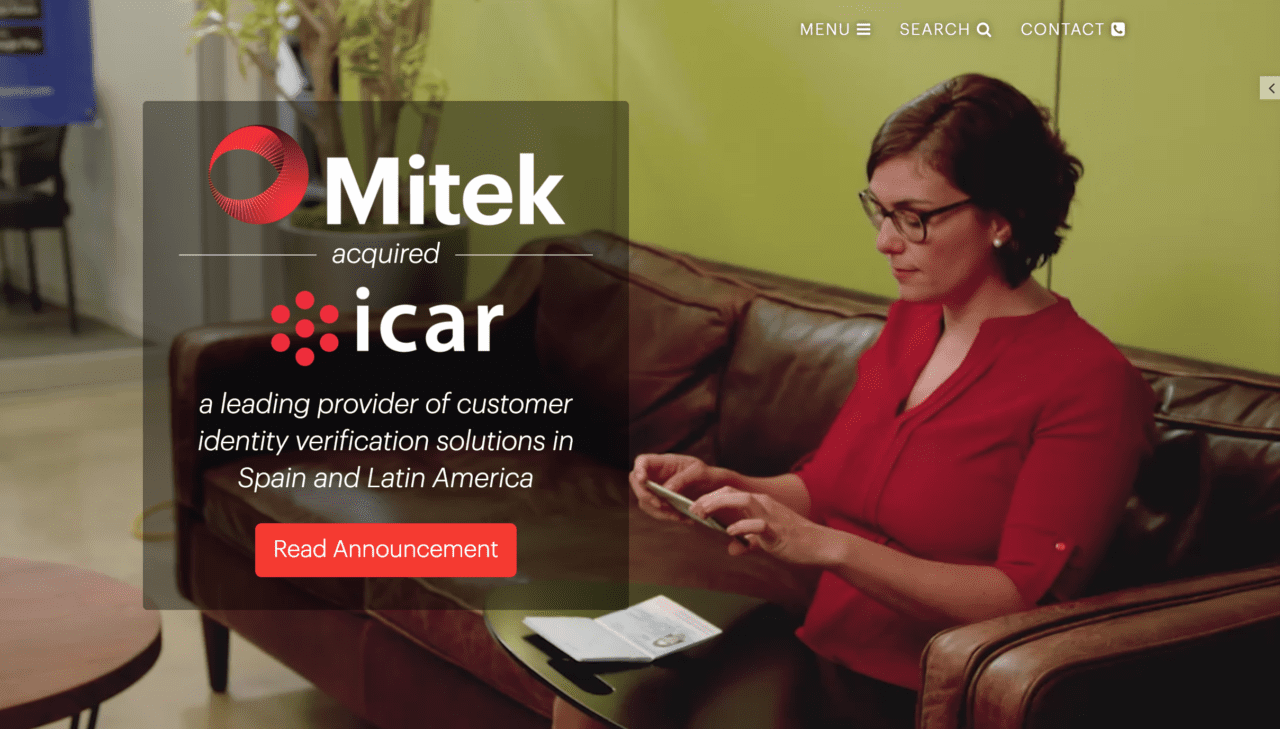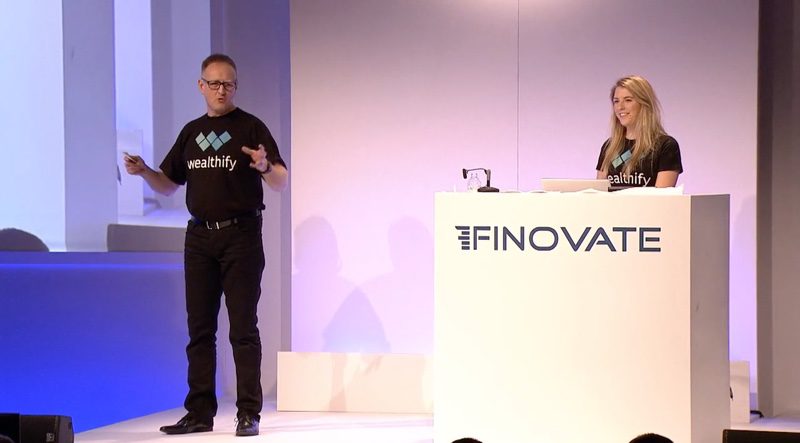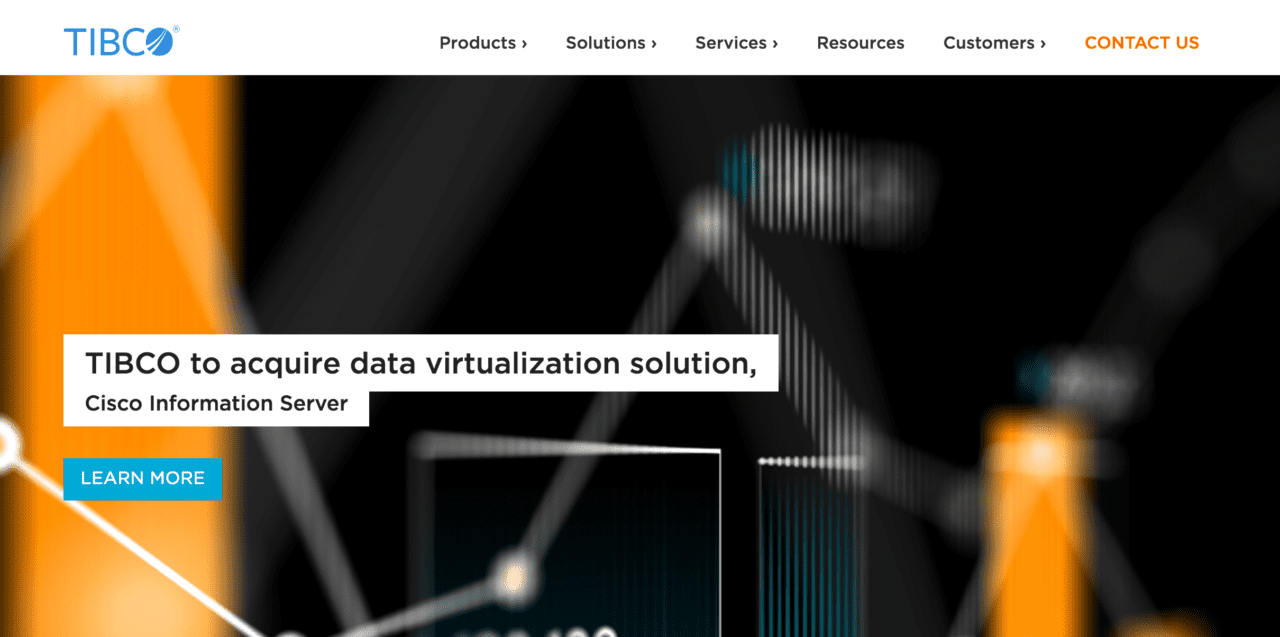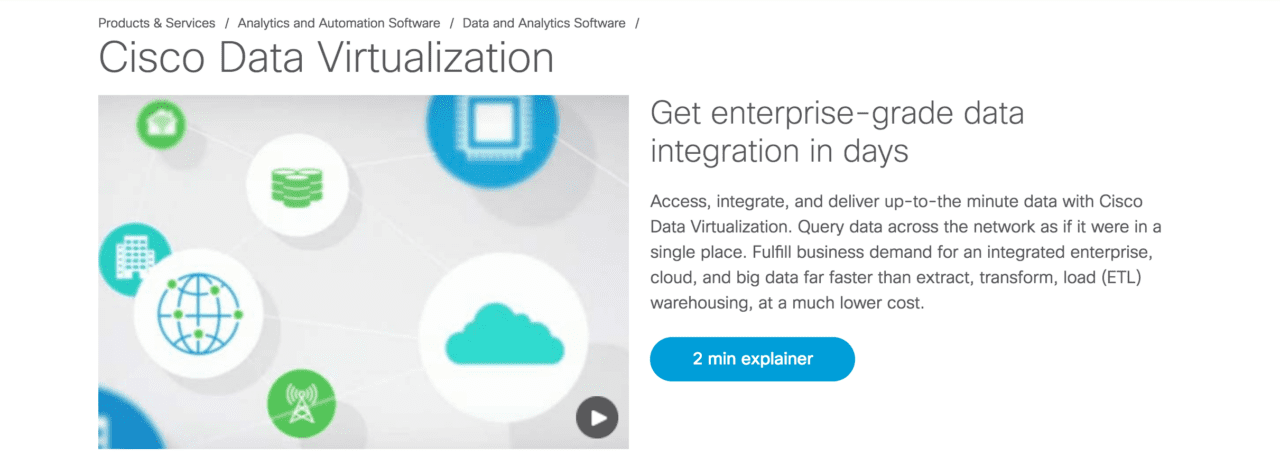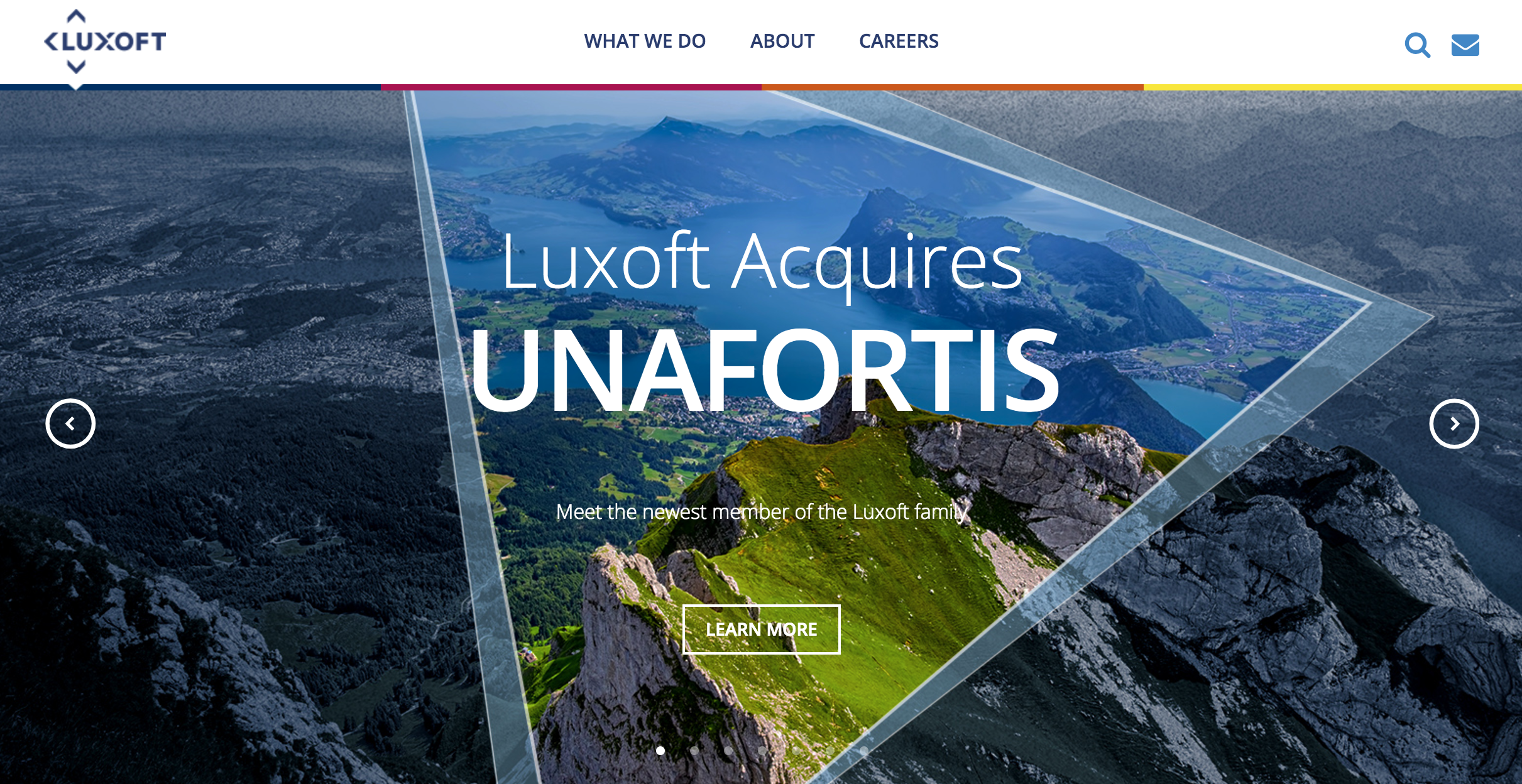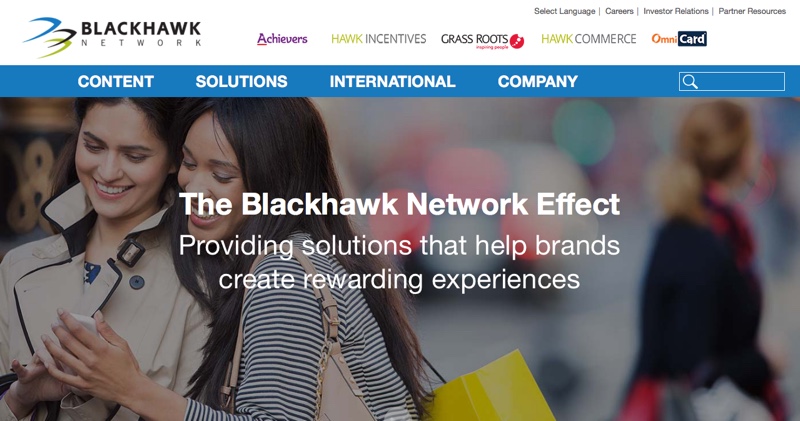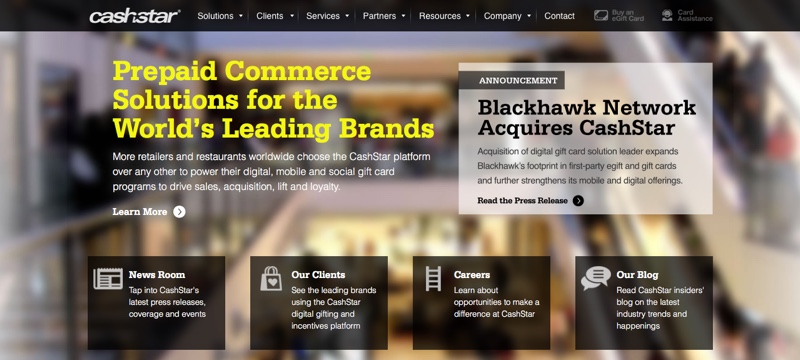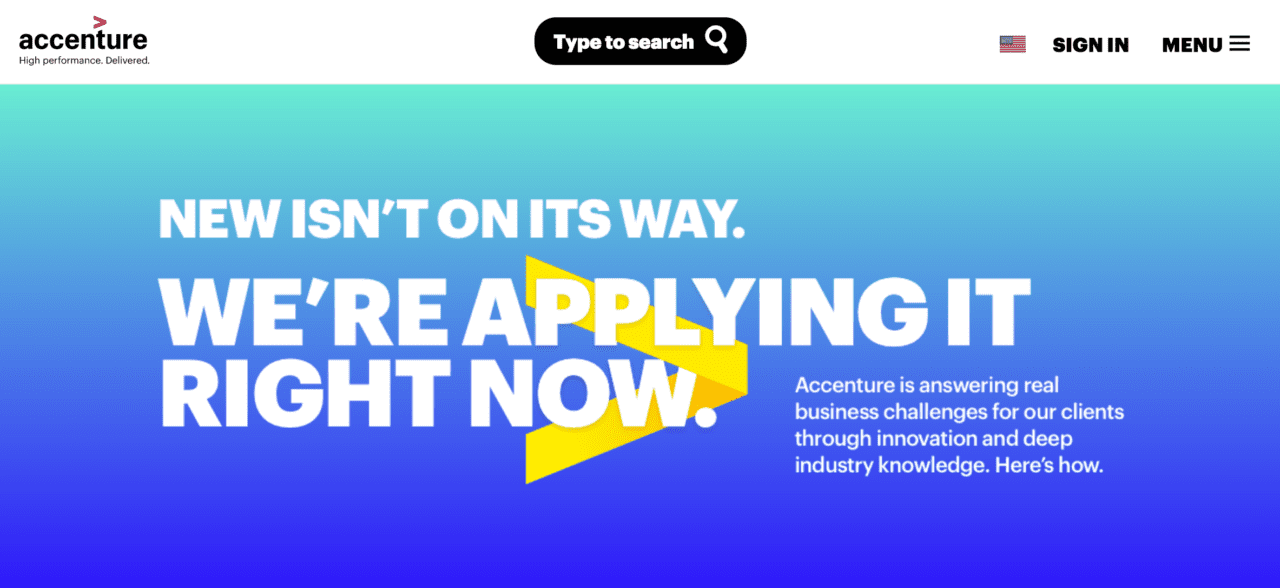U.S. firm Alogent has acquired a Texas-based digital banking tech vendor, Jwaala, for an undisclosed amount, reports Antony Peyton of Banking Technology (Finovate’s sister publication).
Alogent, which is based in the U.S. state of Georgia, said it will continue to support Jwaala’s collection of solutions, which will be marketed under the new name, Alogent Digital.
Dede Wakefield, Alogent CEO, described the acquisition as “the next major step forward in our mission to digitize and automate the financial services world”, with Jwaala’s platform bringing a “significant foundational set of capabilities”.
“We believe deeply in our unique approach to digital banking,” Jwaala founding partner and CTO Andrew Taylor added. “And we expect tremendous new growth opportunities as part of a company as agile, innovative, and dynamic as Alogent.”
As reported last year, U.S.-based banking software vendor, Jack Henry & Associates, shed its deposit automation business, Goldleaf Enterprise Payments (formerly Alogent Corporation).
The buyer was Battery Ventures, a US/Israeli venture capital and private equity firm. With that deal, the company regained its former name – Alogent.
In terms of Alogent’s current back office software, this focuses on electronically capturing, processing and analyzing check data and images, including those captured on mobile devices.
Its customers range from small community banks and startups to top tier banks, and it is the latter segment that will be the company’s key focus with the arrival of Battery Ventures.
Founded in 2006, Jwaala demonstrated its MoneyTracker PFM solution at FinovateSpring 2009. In August, the company announced that Alaska USA FCU with more than 625,000 members and more than $7 billion in assets would deploy Jwaala’s Ignite platform. The company began the year with news that United Nations FCU had picked Jwaala’s Ignite as its new digital banking platform.
